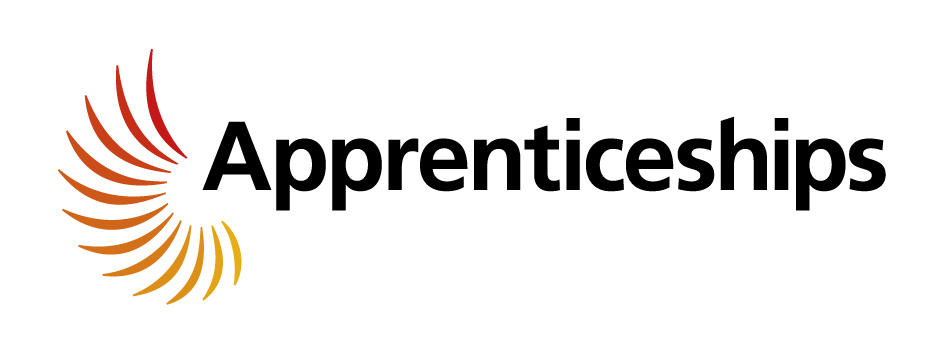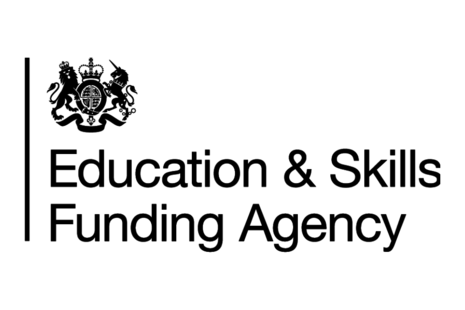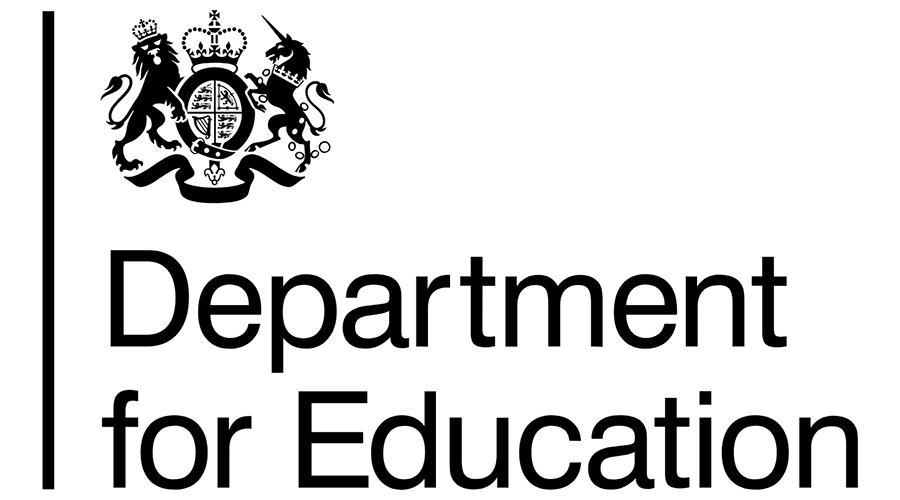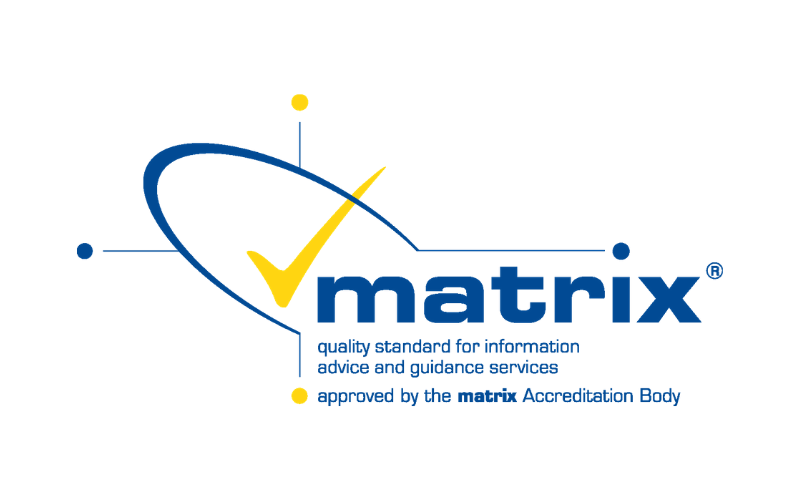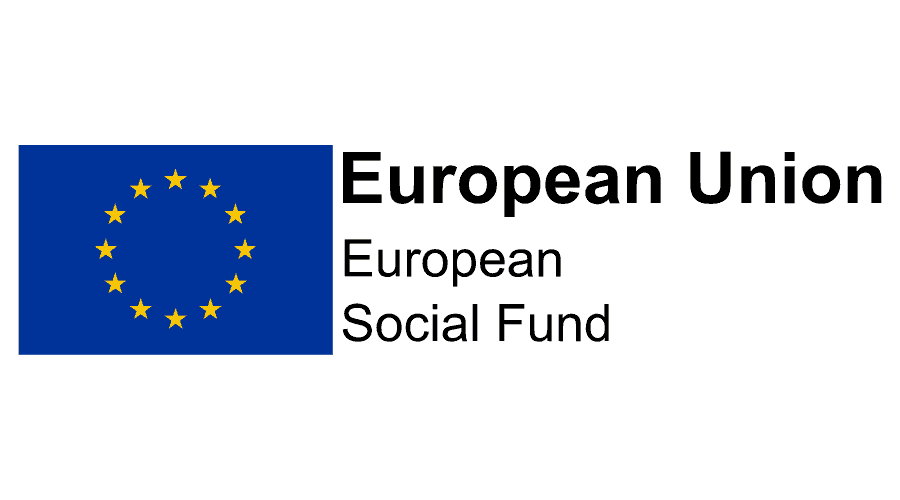Equality, Diversity & Inclusion Information
Direct Discrimination
Lists the physical and personal characteristics which are protected by law and explains that you are not allowed to be treated differently from other people because of those characteristics.
Direct discrimination can be because of:
- Age
- Disability
- Gender reassignment
- Marriage or civil partnership
- Race
- Religion or belief
- Sex
- Sexual Orientation
The Equality Act 2010 calls these things protected characteristics.
Not all unfair treatment is unlawful discrimination under the Equality Act. It’s only unlawful discrimination if you’re treated differently because of a protected characteristic.
It doesn’t matter if the person treating you differently didn’t mean to discriminate against you or if they didn’t know they were discriminating. If someone treats you differently because of a protected characteristic, it’s direct discrimination.
Indirect Discrimination
Explains what is meant by indirect discrimination, when a practice, policy, or rule applied to everyone puts certain groups of people at a disadvantage.
A practice, policy or rule can be formal or informal. It can be a one-off decision or a decision to do something in the future. It includes things like arrangements, criteria, conditions, qualifications or provisions.
What’s important is that it applies to everyone in the same way that it’s neutral. If something only applies to some people who all have the same protected characteristic, it would be direct discrimination.
Something can be indirect discrimination if it has a worse effect on you because of you’re:
- Age
- Disability
- Gender reassignment
- Marriage or civil partnership
- Race
- Religion or belief
- Sex
- Sexual Orientation
The practice policy or rule applies to a certain group of people in the same way regardless of who they are. For example, you could have a rule that all employees in a shop must work on Saturdays. This is a neutral rule which affects everyone in the shop. This group is called the pool for comparison.
Within this group, some people with a particular protected characteristic may be put at a particular disadvantage by the rule. For example, if you’re Jewish and observe the Sabbath, you can’t work on Saturdays. It doesn’t matter that there aren’t any other Jewish people who work in the same shop. It can still be indirect discrimination if something would normally disadvantage people sharing your characteristic.
You can only challenge a practice, policy, or rule which you think is indirectly discriminatory if it affects you personally.
Indirect discrimination can sometimes be lawful. The Equality Act 2010 says it’s not indirect discrimination if the person applying the practice, policy or rule, can show there’s a good enough reason for it. They would need to be able to prove this in court, if necessary. This is known in legal terms as objective justification.
Pregnancy & Maternity Discrimination
Pregnancy and maternity discrimination is when you’re treated unfairly because you’re pregnant, breastfeeding or because you’ve recently given birth. You must suffer a disadvantage as a result of the unfair treatment. The law says you’ve been treated unfavourably.
Outside the workplace, it’s unlawful to treat you unfavourably because:
- You’re pregnant, or
- You’ve been pregnant in the past
It doesn’t matter when the discrimination happens as long as it’s because of your present or past pregnancy.
It’s also unlawful to treat you unfavourably because:
- You’ve given birth, or
- You’re breastfeeding
When you’ve given birth or are breastfeeding, you’re protected against discrimination for 26 weeks following the day you gave birth. If you’re treated unfavourably after this, you could still be protected against discrimination. However, it would be sex discrimination rather than pregnancy and maternity discrimination.
If your baby is stillborn, you’re still protected against discrimination as long as you were pregnant for at least 24 weeks.
Inside the workplace it is unlawful to discriminate against you because:
- You’re pregnant, or
- of a pregnancy-related illness
The protection against discrimination lasts for a specific period of time which starts when you become pregnant. This is called the protected period. If you have the right to maternity leave, the protected period ends when you’re maternity leave ends or when you return to work, if this is earlier. All employees have the right to take maternity leave. If you don’t have the right to maternity leave – for example, because you’re not an employee, the protected period ends two weeks after your child was born. If you’re treated unfavourably after this, you could still be protected against discrimination because of your sex.
Once you’ve given birth, it is also unlawful to discriminate against you for one of these reasons:
- You’re on maternity leave
- You’ve been on maternity leave
- You’ve tried to take maternity leave which you’re entitled to
It’s lawful for a service provider – for example a shop, swimming pool or gym club, to refuse to provide you with a service or treat you differently because you’re pregnant if there are health and safety reasons for doing this.
The service provider must reasonably believe there’s a risk to your health and safety if the service was provided to you. And it’s only lawful if they would also treat someone with other physical conditions – for example, someone with a back condition – differently for health and safety reasons.
Harassment
Harassment is unwanted behaviour which you find offensive, or which makes you feel intimidated or humiliated. It can happen on its own or alongside other forms of discrimination.
Unwanted behaviour could be:
- Spoken or written words or abuse
- Offensive emails, tweets or comments on social networking sites
- Images and graffiti
- Physical gestures
- Facial expressions
- Jokes
You don’t need to have previously objected to something for it to be unwanted. Harassment is unlawful under the Equality Act if it’s because of or connected to one of these things:
- Age
- Disability
- Gender reassignment
- Marriage or civil partnership
- Race
- Religion or belief
- Sex
- Sexual Orientation
The Equality Act calls these things protected characteristics. Harassment because of one of these characteristics is called harassment related to a protected characteristic. The Equality Act says its harassment where the behaviour is meant to or has the effect of either:
- Violating your dignity, or
- Creating an intimidating, hostile, degrading, humiliating or offensive environment
This means its harassment even if the person harassing you didn’t mean to offend or intimidate you, as long as the harassment has one of the above effects.
If you go to court, the judge may have to decide if it’s harassment or not. They will look at how the behaviour made you feel and whether it’s reasonable for you to feel this way.
Sexual Harassment
Sexual harassment is unwanted behaviour which you find offensive or which makes you feel intimidated or humiliated and the behaviour is of a sexual nature. You don’t need to have previously objected to something for it to be unwanted.
Sexual harassment can include:
- Sexual comments or jokes
- Physical behaviour, including unwelcoming sexual advances, touching and various forms of sexual assault
- Displaying pictures, photos or drawings of a sexual nature
- Sending emails with sexual content
The law says it’s only sexual harassment where the behaviour is meant to or has the effect of either:
- violating your dignity, or
- creating an intimidating, hostile, degrading, humiliating or offensive environment
If you’re treated badly or less favourably because of your reaction to sexual harassment, you may have a claim under the Equality Act. The Act says this is also harassment. You’re protected if you reject or submit to the harassment. The person who treats you less favourably can be the person who actually harassed you, but it can also be someone else.
Victimisation
Victimisation is when someone treats you badly or subjects you to a detriment because you complain about discrimination or help someone who has been the victim of discrimination. Because the Equality Act recognises you may be worried about complaining, you have extra legal protection when you complain about discrimination.
Detriment means you’ve suffered a disadvantage of some sort or been put in a worse position than you were before.
You’re protected against victimisation only if you do one of the following things:
- Make a claim or complaint of discrimination under the Equality Act 2010
- Give evidence or information to help someone else who has made a claim or complaint under the Act
- Do anything else which related to the Act
- Say that someone has done something unlawful under the Act
These are called protected acts, you don’t have to complain about your own discrimination and you don’t have to have a protected characteristic yourself.
You’re not protected against victimisation if you act in bad faith by making false accusations or by giving false information.
However, you’re still protected if you give information which you thought was true even if it later proves to be wrong or if the proceedings are unsuccessful.
Honesty
Ethical workers value honesty and are honest at all costs. This means that they remain honest even when being honest isn’t the easiest thing to do.
An example of this would be if an ethical employee makes a mistake, they do not lie about the situation in an attempt to make themselves seem less culpable. Having an employee who is overtly honest allows management to trust the employee more implicitly and rely upon them.
Responsibility
Workers who are ethical take responsibility seriously and do all that they can to complete the tasks with which they are charged. These individuals do not shirk responsibility and attempt to fly under the radar but instead embrace the opportunity to take leadership role.
Reliability
When ethical team members say they are going to do something, they follow through. They are reliable at all times and be trusted to complete projects of great importance. Because these individuals do as they say they will, they are often go-to people within a workplace.
Goal-Oriented
Ethical individuals are often goal-focused and able to dedicate themselves fully to their job tasks. These individuals often recognise the importance of working to better themselves and improve the overall success of their company, they are willing to work toward reaching potentially challenging goals.
Job-Focused
Ethical employees remain focused on their jobs at all times, not allowing themselves to become distracted, as doing so pulls them away from duties of their occupations. These individuals are never found working on a task that is not related to the job in question, as they recognise that their on-the-job time is to be spent only doing job-related tasks.
There are other behaviour characteristics for example:
- Good listener
- Patient
- Dependable
- Competitive
- Loyal team member
How you and staff who work for an organisation behave towards customers, clients, service users, guest in relation to their protected characteristics will be at the heart of whether your organisation delivers services without unlawful discrimination, harassment or victimisation and whether it makes reasonable adjustments for people.
Equality is good practice on how you and staff should behave.
Ideally, you want anyone who comes into contact with members of the public to treat everyone they come across with dignity and respect. This will help you to provide good customer service, not just without unlawfully discriminating but more generally and can make customers less likely to complain.
Inform staff how to behave so that they do not discriminate against people because of a protected characteristic and make sure you know what this means too. By doing this, you will reduce the risk that you will be held responsible for their behaviour.
People working with a workplace should conduct themselves in a professional and considerate manners at all time. And will not tolerate behaviour such as:
- Physical violence
- Shouting or swearing
- Rudeness
- Isolating, ignoring or refusing to work with certain people
- Offensive jokes or name calling
- Display of offensive material
- Lewd gestures or remarks
This behaviour isn’t just for employee but for the employer too, if the management show a lack of good conduct and professionalism, then the staff will copy this behaviour as if it is the norm and that it is acceptable.
Have You Got A Safeguarding Concern?
Here at Cool Blue College we take safeguarding issues very seriously. We aim to protect the welfare of all of our service users to ensure everyone is given equal opportunity and protection against abuse.
If you have any concerns please contact us, we will be happy to help.

Mark Clelland
Safeguarding Lead

Mikayla Connor
Safeguarding Deputy
